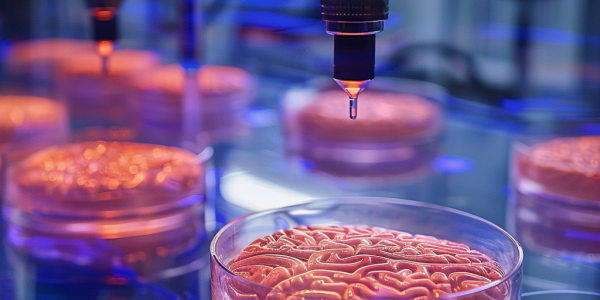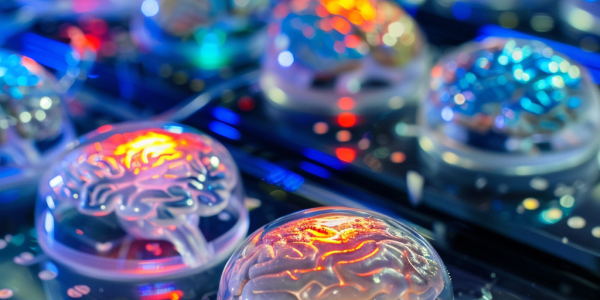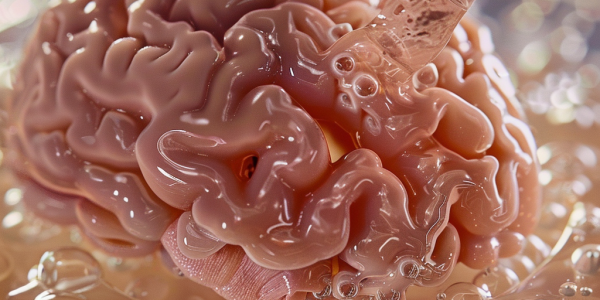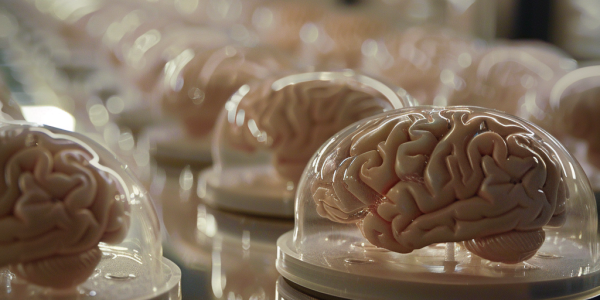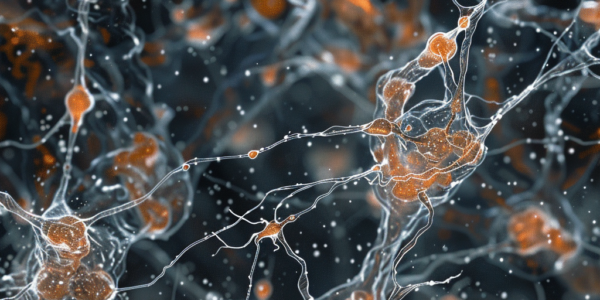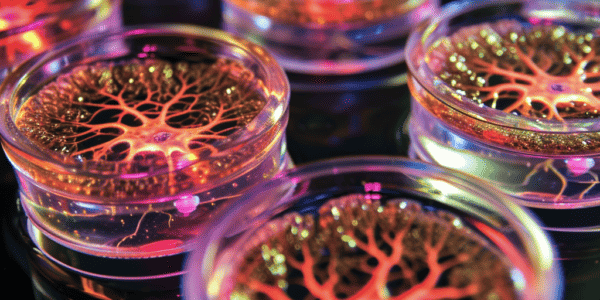Scientists Grow Human Brains in Laboratory Setting
Scientists have made a groundbreaking achievement in medical science by growing human brains in a laboratory. These lab-grown ‘minibrains’ offer a unique platform for drug testing and research, showcasing the potential of artificial organoids. By incorporating genetic diversity from multiple donors, these chimeroids provide a comprehensive model for studying the effects of various stimuli on the brain.
Revolutionizing Brain Research with 3D ‘Village in a Dish’ Organoids
Researchers have achieved a groundbreaking milestone in brain research by growing 3D models of the brain containing a diverse range of cell types from multiple individuals. These ‘village in a dish’ organoids have the potential to reveal how the brain responds to drugs among different people. The chimeric cultures, known as Chimeroids, combine cells from up to five donors and could revolutionize drug testing processes. This innovative technology offers a powerful tool for studying organ development and function, particularly in the intricate and slow-growing brain organoids.
New Chemical Mixture Allows Brain Tissue to be Frozen and Thawed Without Damage
Scientists in China have developed a new chemical mixture, MEDY, that allows brain tissue to be frozen and thawed without damage, even after being stored for up to 18 months. This breakthrough in brain tissue preservation could revolutionize research in neuroscience and medicine, offering a way to study diseases and conduct experiments without the risk of freezing-induced damage.
Brain Organoids: A Promising Tool for Targeting Neurological Disorders
Brain organoids, a cutting-edge technology in neuroscience, are revolutionizing the study of rare neurological disorders. These miniature 3D brain models offer researchers a unique opportunity to unravel the complexities of brain conditions. By mimicking the structure and function of the human brain, brain organoids are shedding light on the underlying mechanisms of neurological disorders and paving the way for more effective treatments.
Researchers Connect Lab-Grown Brain Tissues to Mimic Human Brain Networks
Researchers have achieved a significant breakthrough in neuroscience by successfully connecting lab-grown brain tissues to mimic complex networks found in the human brain. This innovative method involves linking ‘neural organoids’ with axonal bundles, enabling the study of interregional brain connections and their role in human cognitive functions. The connected organoids exhibited more sophisticated activity patterns, demonstrating both the generation and synchronization of electrical activity akin to natural brain functions. This achievement not only enhances our understanding of brain network development and plasticity but also opens new avenues for researching neurological and psychiatric disorders, offering hope for more effective treatments.
Scientists Grow First Brain Organoids from Human Fetal Tissue, Opening New Window into Brain Development
Scientists have achieved a significant milestone in brain research by growing the first brain organoids from human fetal tissue. These brainlike structures, called organoids, could provide a realistic model to study developmental disorders and brain cancers, offering a window into…

